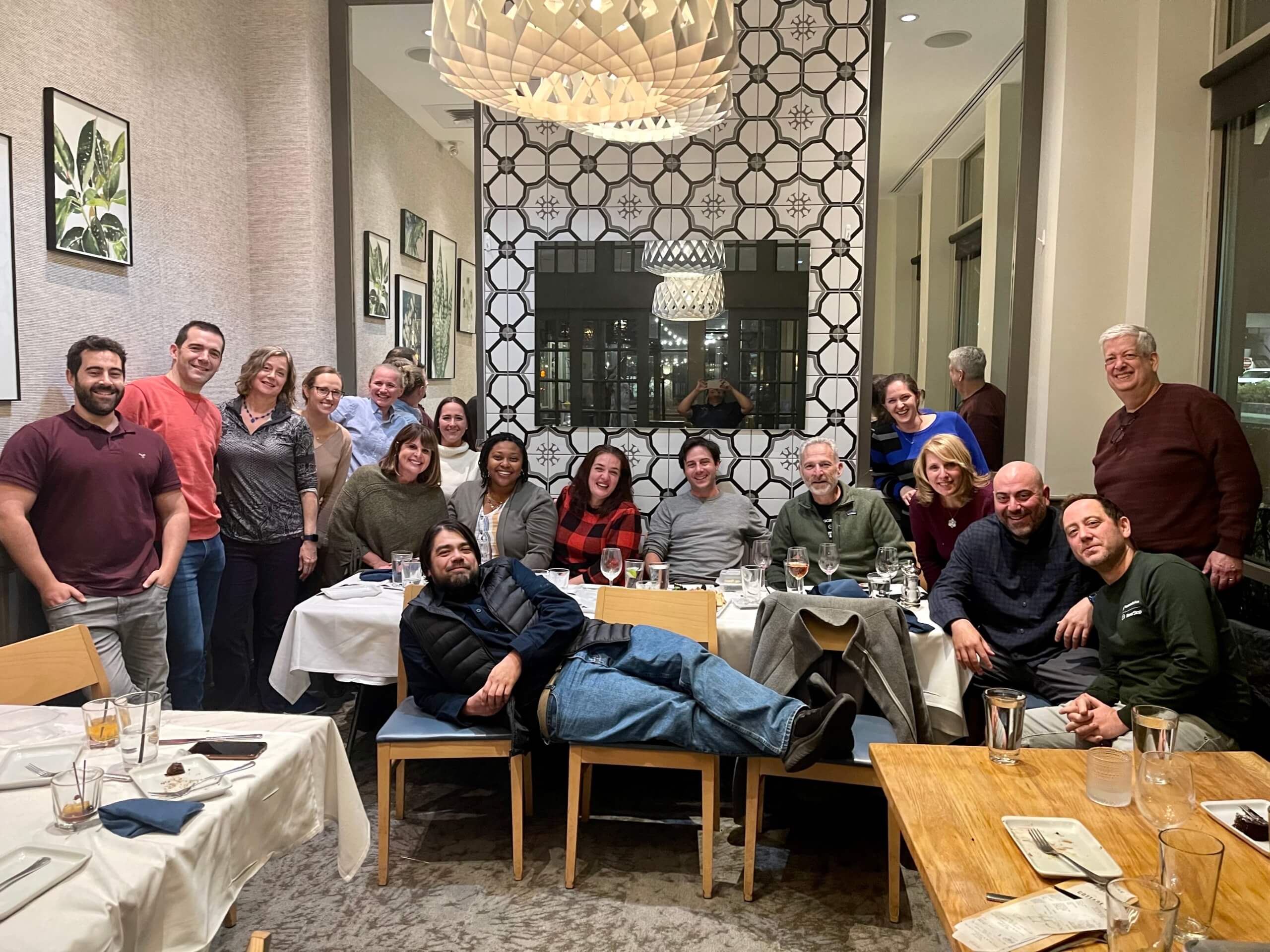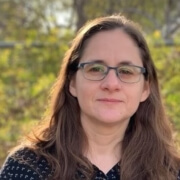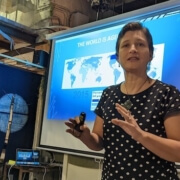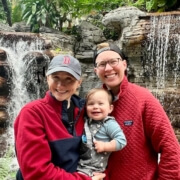“What is Product Management Really Like at Assured Allies?” Don’t Ask ChatGPT. Ask Guy Hawes.
Guy Hawes brings over 15 years of product management and team-building flair to his role as Head of Product – NeverStop Underwriting and Research at Assured Allies. In any meeting he’s known to ask, “What is the problem we are trying to solve here?” Recently he sat down with a pint of Guinness and a small plate of lumpia to chat about his work on the company’s latest product, NeverStop.
In your own words, what does a product manager actually do?
Product management is often confused with being a gap filler: 20% engineering, 20% design, 20% support, 20% business development, 20% marketing, 20% legal, 20% project management, etc. (yes, that’s already 100+%). But the true purpose of the role is to build great products that customers and markets love. So we tend to end up knowing how a lot of those different disciplines go together in order to deliver on that.
What traits, personality or otherwise, are good to have in this role?
Generally, I find that good product managers share two major traits. The first is curiosity, or the desire to understand the ‘why.’ The second is problem-solving, the ability to abstract the particulars of any one problem and identify how it can be resolved upstream of where it occurred. Ideally, you’re not just fixing the same issue over and over again, but adjusting the whole system of people/systems/flow in your organization so that a problem doesn’t happen again, or at least not in the same way. Also, personally, I find that all great product people are quirky in some way.
What excites you from a problem-manager perspective about the design of Assured Allies’ latest product, NeverStop?

NeverStop represents an entirely different and practical way of thinking about aging, while at the same time protecting the future for yourself and your loved ones. The potential for how and where NeverStop can grow as a business and in service to its customers is amazing!
What do you most enjoy about your job and what is most challenging?
I enjoy the people I work with here. There are many personalities, backgrounds, and personal stories, but we are all inspired by the company’s mission to make Successful Aging accessible to all.
The most challenging aspect of my job is making sure we start with customer problems first, and our problems second. Also, everyone has great ideas, but we can’t climb every mountain. I try to make sure that we stay pragmatic and focused on the most important things for the customer.
You work at the crossroads of many different teams in the company—marketing, engineering, clinical, legal, and research. Which team(s) do you spend most of your time with?
I try to spend time with each team as much as possible. Different teams have different proficiency levels in terms of understanding the goals and competencies that are needed to get their piece of a project done. Some are more independent than others, but sometimes those same teams need more help. I like to think of my role as the conductor of a cross-functional orchestra. It doesn’t matter if one group is playing well if another team is struggling; everybody needs to support each other to make great music.
How do you manage work-life balance?
I don’t believe in work-life balance. I believe in a work-life blend. You spend about one-third of your life working, so it might as well be something you enjoy and find meaningful.
Where does the weekend find you, typically?
Running household and family errands.
You’ve worked at a lot of start-ups. Why do you like them?
I actually enjoy the pressures that come with working for a start-up. Essentially, you might be operating with little to no safety net! Yet, no matter where I’ve worked, I also look for some element of ‘helping out the little guy.’ Which is one of the things that attracted me to Assured Allies. Beyond the whole insurance and financial aspect of it, ultimately we’re working to help people secure their own and their families’ futures.
Seems like standard product dev these days is deep into a trend of launching an intentionally “light” product or MVP (minimal viable product), and then iterating quickly afterwards based on customer feedback. Can you err too far in this direction?
You can err in the direction of either too heavy (i.e. extensively built out, researched, and detailed) or too light of a product when you launch. It is impossible to get it perfect all the time and it also depends on the product. For example, I wouldn’t feel comfortable launching a “light” electric car into the marketplace, but I would feel comfortable launching a light dog-walking app to see how people use it before investing more in particular features.
Whether light or heavy, however, the most important thing is to ensure that you have the ability to test, learn, and change quickly based on incoming data. I’ve seen Assured Allies do that time and time again, and I’m confident that we will do that with NeverStop too.








